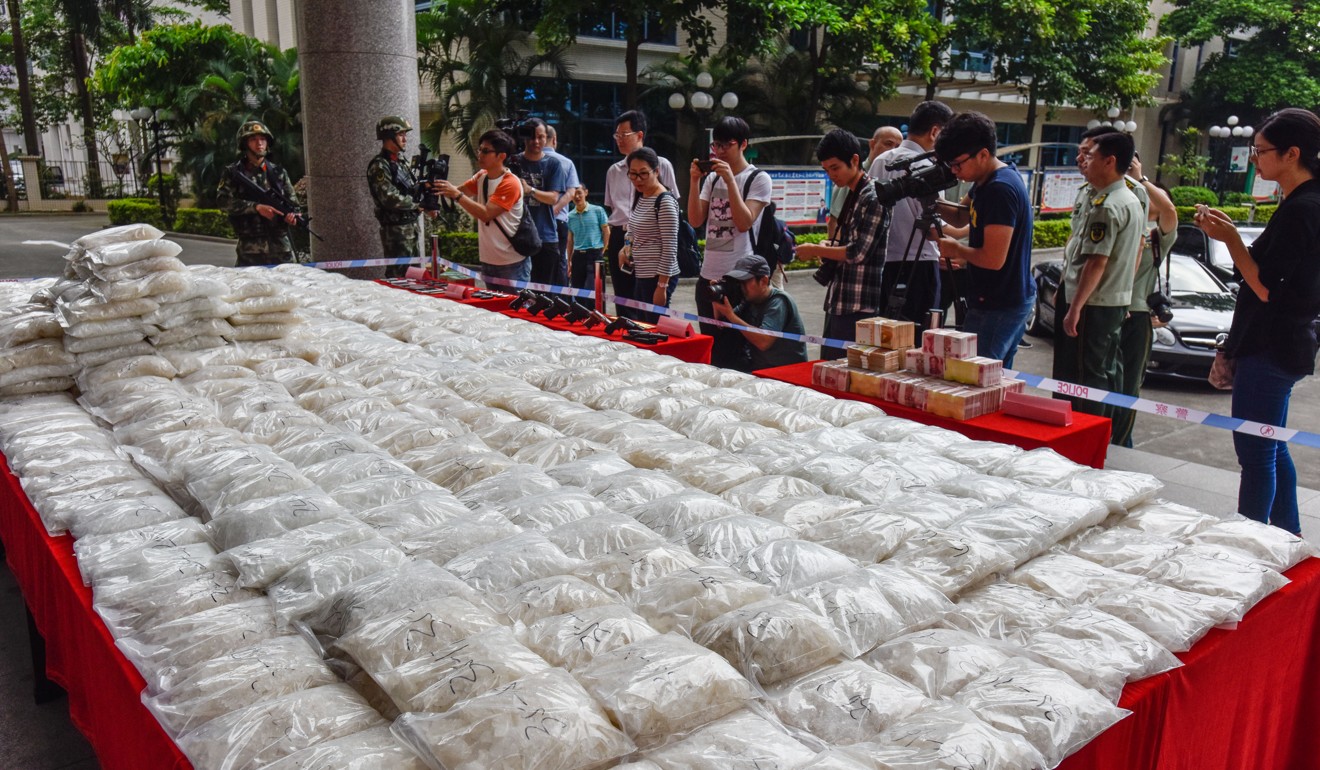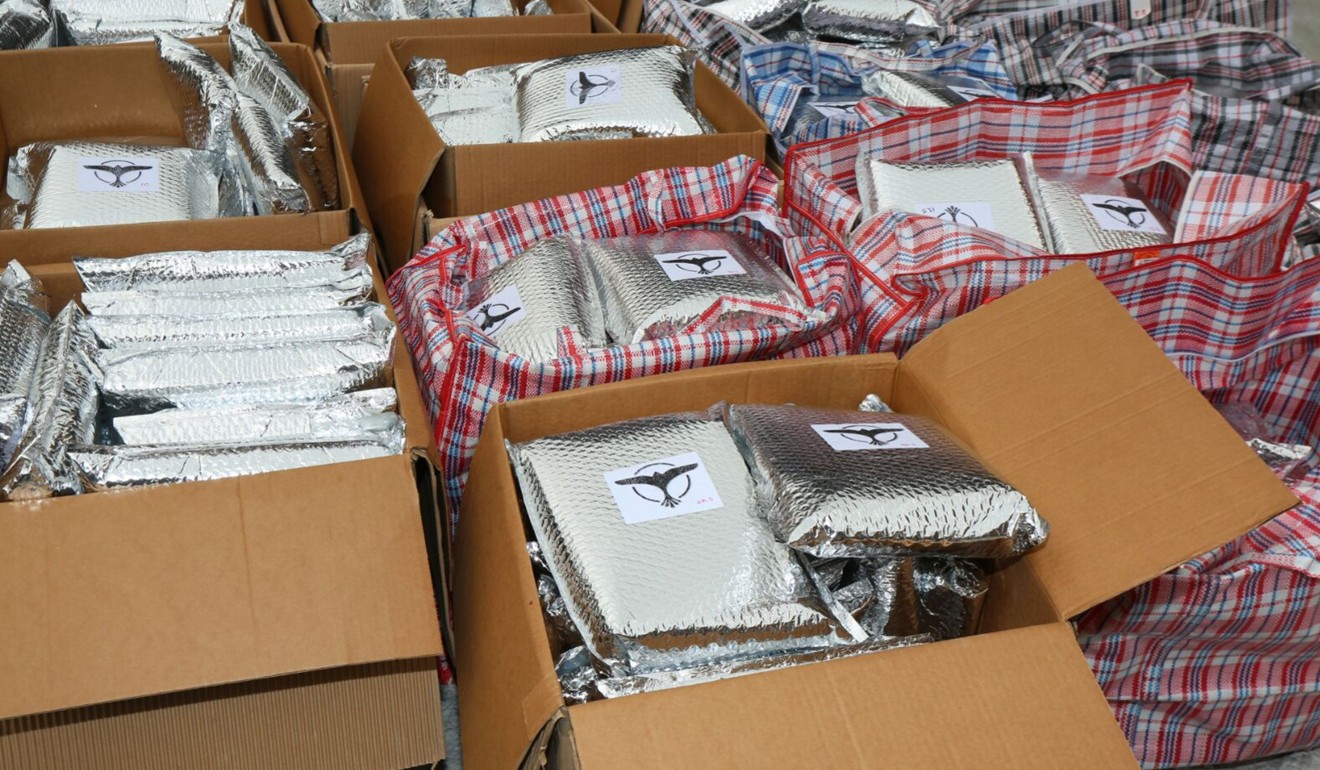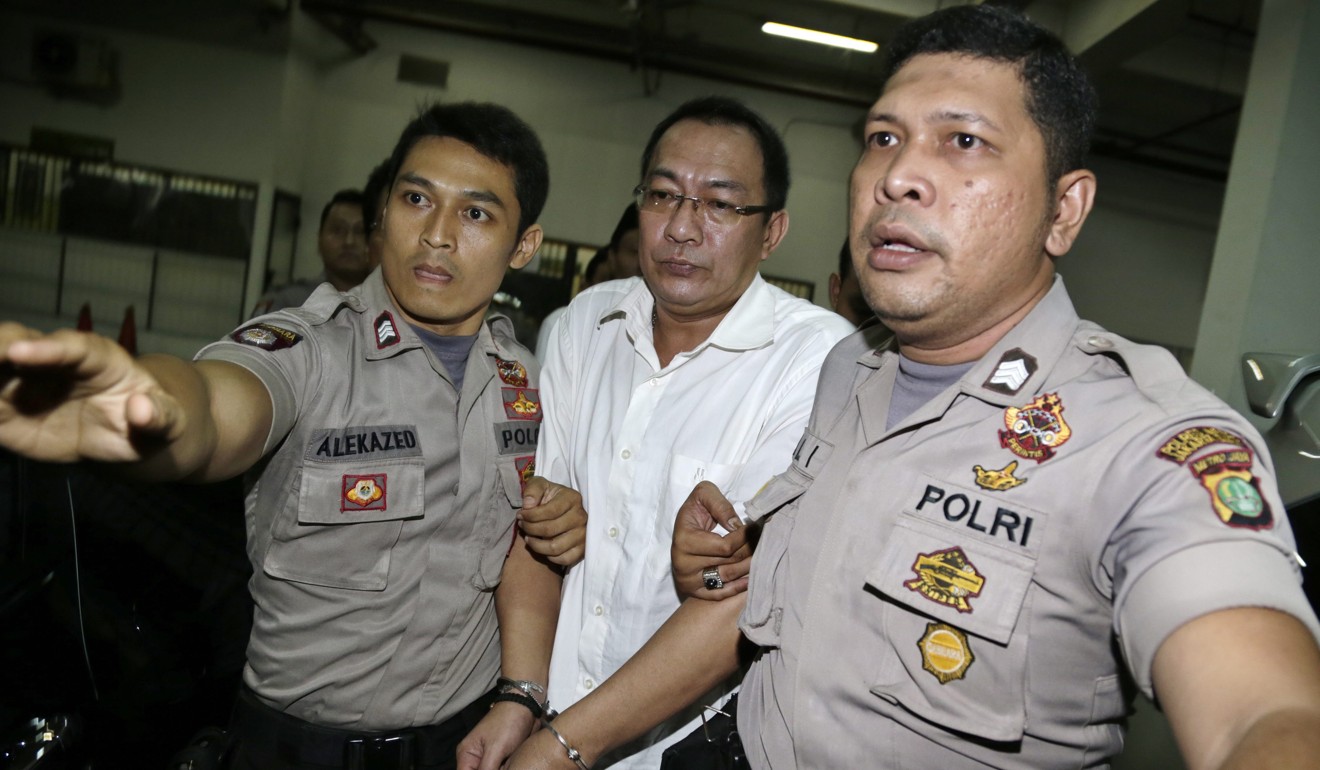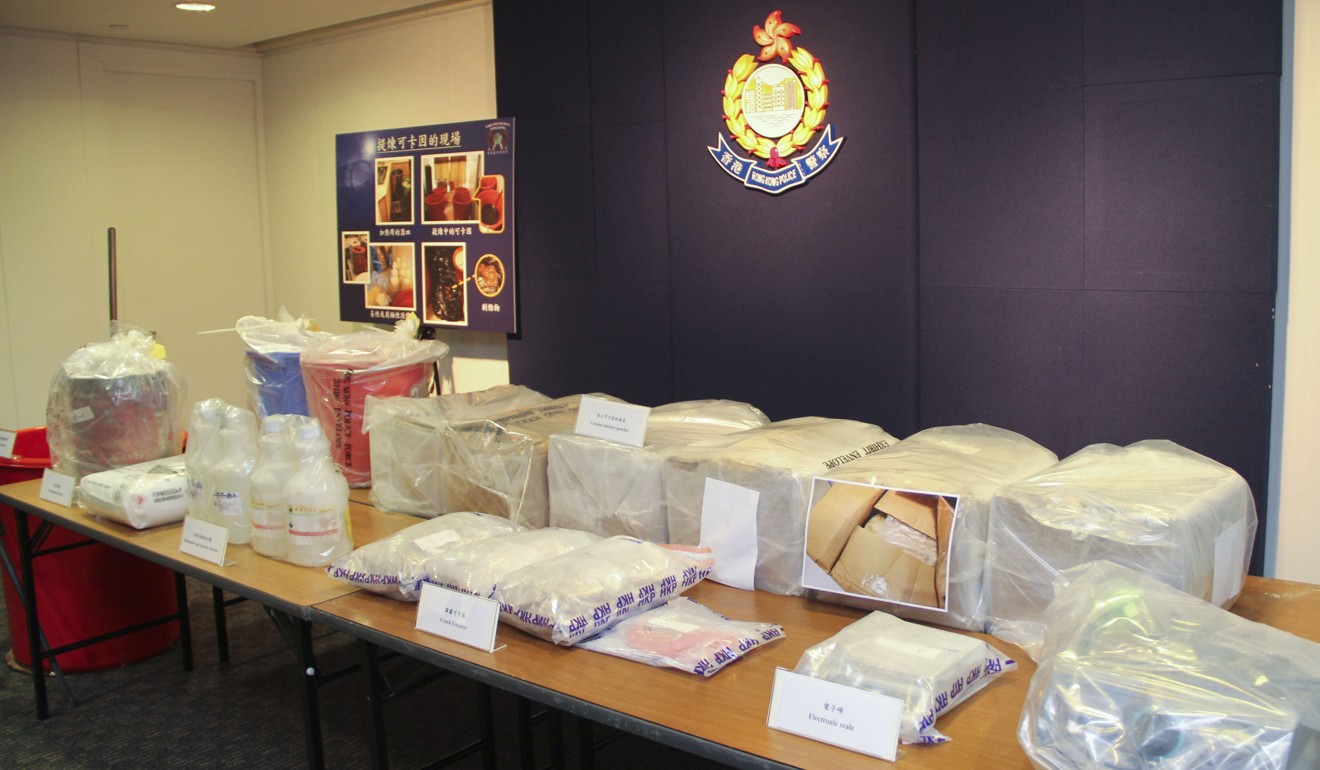
CIA spooks or city officials: who is telling the truth about Hong Kong’s drug problem?
After the city’s largest haul of raw drug materials in 10 years, Niall Fraser asks if local authorities will continue to assert each seizure is an isolated affair
It is a generally accepted truth that step one in the long and painful process of tackling any addiction is for the individual concerned to admit they have a problem.
Experience – and logic – dictate that the refusal to acknowledge a problem leaves zero chance of it being solved and every possibility that it will get worse.

A mounting stash of evidence is piling ever higher that, when it comes to the long-standing problem it has with illegal drugs, Hong Kong is in an official state of denial.

Authorities insisted no evidence suggested Hong Kong had become a transit point for drugs – despite the three local men who were arrested having links to organised crime; the fourth arrested person being a “chemist” from Peru; and the raw materials being flown in from South America. Their insistence echoed statements made after every narcotics raid arrest or seizure in recent years.
This nonchalant assertion has the effect of isolating every drug raid into a single event unconnected to all the others, and has gone unchallenged for years. And it is at best worrying and at worst verging on sinister, when you consider the facts.
Hong Kong teens make drug awareness videos to engage their peers
Since 2006, at least 27 people from Hong Kong have been arrested trying to smuggle HK$15 billion worth of methamphetamine into Australia. The amount of the drug seized at Australian ports and airports coming from Hong Kong is three times as much as what the country gets from the rest of the world.
One of the Asia-Pacific region’s most notorious drug kingpins, Wong Chi-ping, is a Hongkonger. Now on death row in Indonesia, Wong was behind a massive crystal meth smuggling operation until he was caught red-handed with more than 860kg of the drug.

Is Wong a rogue one-off or a symbol of the deep ties Hong Kong has to the illicit international trade?
Perhaps Albert Ho Shi-king, the Customs and Excise Department’s assistant commissioner for intelligence and investigation, can shed some light. In 2015, he described as “staggering” an almost 200 per cent increase in the amount of drugs his officers seized in the first five months of that year.
Watch: Hong Kong drug lord forced to burn HK$140 million of meth in Indonesia
And there’s more.

The fact that it neighbours Guangdong province – widely acknowledged as the world’s biggest producer of both natural and synthetic ephedrine, the main component in crystal meth – does not help.
Last but not least, under the diplomatically titled “transnational issues” section of the US Central Intelligence Agency’s World Factbook, Hong Kong is euphemistically described thus: “despite strenuous law enforcement efforts, it faces difficult challenges in controlling transit of heroin and methamphetamine to regional and world markets; modern banking system provides conduit for money laundering; rising indigenous use of synthetic drugs, especially among young people”.
More than 3 tonnes of narcotic khat leaves seized this year by Hong Kong authorities
Now, I know the CIA hasn’t exactly covered itself in glory when it comes to accuracy in recent times. But if they’re wrong, the very least we should expect – in light of Hong Kong authorities’ ongoing assertion that the city is not a transit point for drugs – is a demand from the government that the US spooks remove the offending passage immediately.
Over to you.

